
Recently, a Russian drone entered NATO's airspace, but suddenly exploded, triggering a series of shocks and questions. NATO and the United States are facing an unprecedented dilemma, and people want to uncover the truth behind it. We want to know who is behind all this, what caused the drone explosion, and whether this means that the status of traditional powers is being challenged. The following story will reveal a shocking truth and help us solve this mystery.
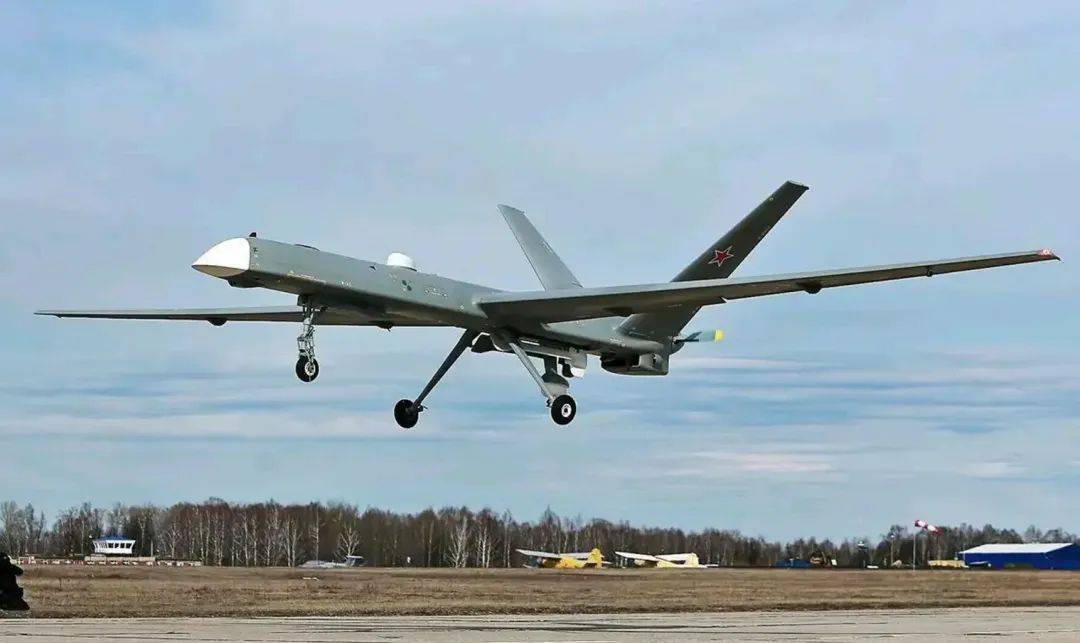
The reason why Russian drones entered NATO airspace was to check NATO’s strength and prestige.
Rewrite that sentence: The entry of Russian drones into NATO airspace could be seen as a challenge to NATO's strength. As a member of NATO, NATO's core interest is to ensure the security and integrity of its own airspace. Russia's move is precisely challenging NATO's borders and air defense capabilities. By entering NATO airspace, Russia attempts to test NATO's response and response capabilities to determine whether NATO has sufficient capabilities to protect its members. This behavior undoubtedly poses a substantial challenge to NATO and reminds NATO member states that they must always remain vigilant and strengthen border security defense.
This incident also has the significance of challenging NATO's prestige. As one of the most powerful military alliances in the world, NATO's prestige plays an important role in the international community. The intrusion of Russian drones can be seen as a direct provocation to NATO's prestige. This move sent a message to the international community that Russia has considerable intentions to challenge NATO's military strength and prestige. If NATO does not respond appropriately to such provocations, it may be considered a sign of weakness and powerlessness, thereby damaging NATO's prestige and status in the world.
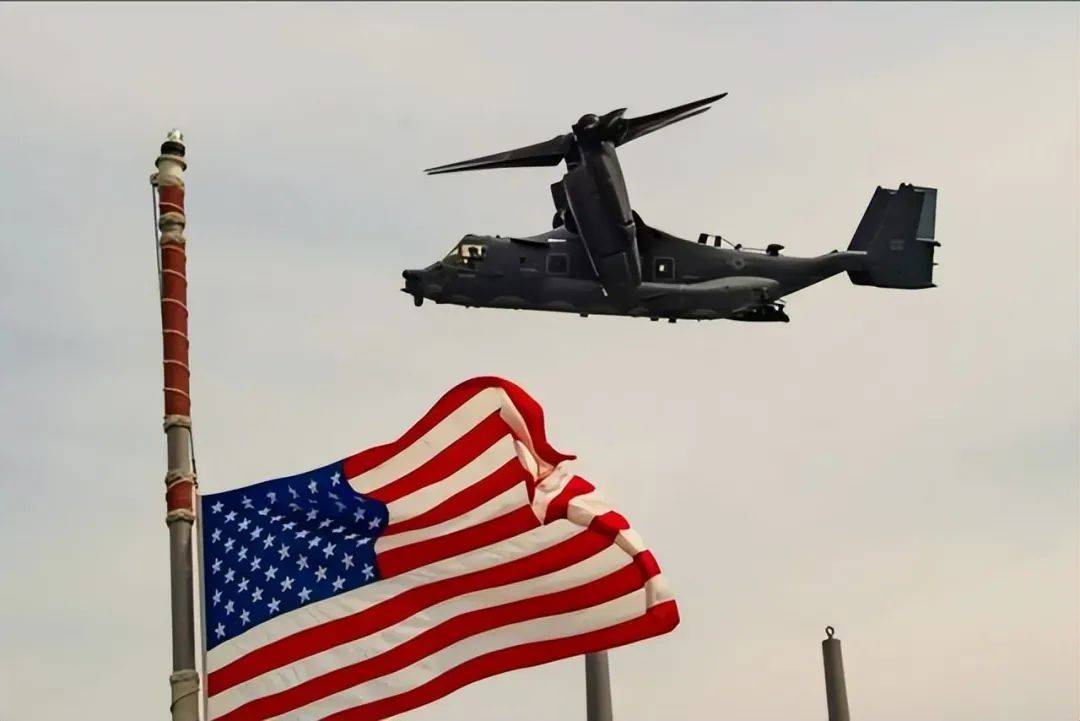
The purpose of Russian drones entering NATO airspace may be to observe NATO's reaction and intentions. Russia has always been vigilant and hostile to the existence and expansion of NATO, and is worried that NATO's strength poses a threat to its own security. By entering NATO airspace, Russia can observe NATO's response to determine whether NATO poses a potential threat to Russia and adjust its military strategies and deployments accordingly.
By entering NATO airspace with drones, Russia has sent a clear signal to NATO member states: Russia has sufficient strength and will to carry out military operations against NATO member states when necessary. This behavior can be seen as a deterrent to NATO member states, and Russia is trying to influence the relations and policy orientations of NATO member states through exerting pressure.
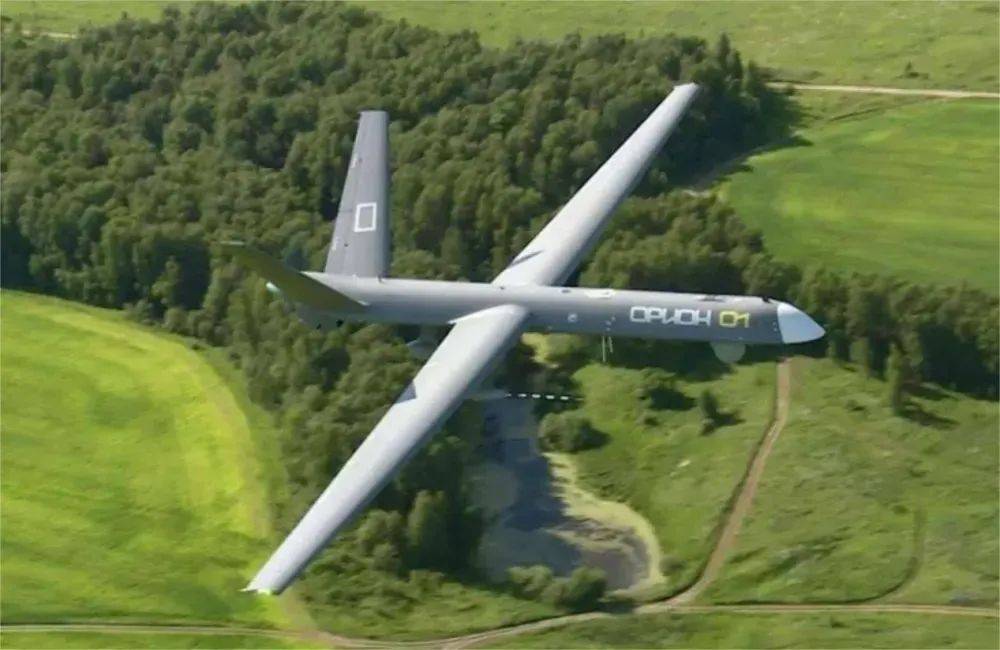
The consequences of Russian drones entering NATO airspace: causing tension and concern among NATO countries
NATO countries are nervous about Russian drones entering NATO airspace, because this is not only a serious violation of international law, but also a provocation to NATO member states. Such behavior undermines the sovereignty and security of NATO members and could be a prelude to more aggressive Russian action. As a powerful military alliance whose members share common security interests, NATO is uneasy about the entry of Russian drones.
NATO countries are also worried about this incident, because the rapid development of drone technology has made it fast, stealthy and difficult to identify. However, Russia’s drone entry has exposed weaknesses in NATO countries’ drone defenses. This incident made NATO countries realize that existing air defense systems may not be able to effectively protect against drone intrusions.
NATO countries’ concerns about possible aggressive actions in the future have undoubtedly been intensified. They began to rethink drone defense strategies and put forward demands for increased military spending on drone technology research and development. The occurrence of this incident reminded NATO countries of the reality of drone threats and promoted the upgrade of international security protection.
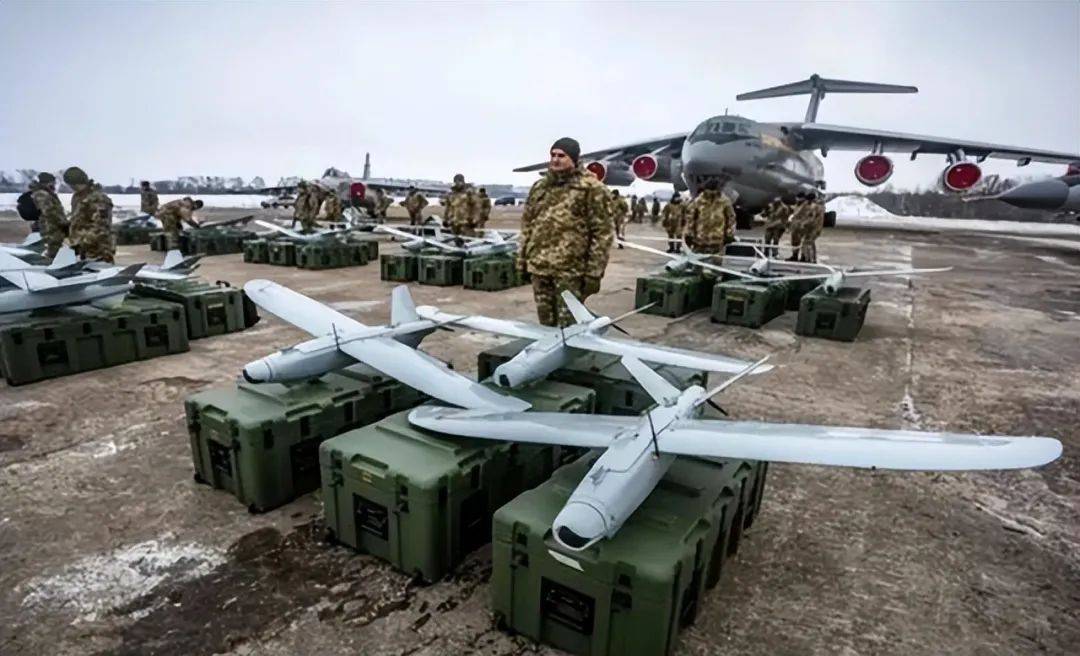
The consequences of Russian drones entering NATO airspace have attracted great attention from the international community. This incident not only caused tension and concern within NATO countries, but also aroused widespread heated discussion in international public opinion. The international community severely condemned Russia's action and called on Russia to take active measures to restore international peace and stability. This incident revealed the importance of respecting and maintaining airspace sovereignty internationally and forced all countries to realize the urgency of developing international cooperation.
The attitude of the United States and NATO countries toward Russia has changed due to the impact of a Russian drone that exploded after entering NATO airspace.
The United States’ position on Russia has undergone important changes. The United States has long been wary of Russia as a potential rival. However, this incident made the United States more deeply aware of Russia's threat to the international order. Drones crossed the border and caused explosions, posing a direct threat to NATO member states and posing a huge risk to international peace and security. Therefore, the United States began to increase its vigilance against Russia and adopt more severe sanctions to warn Russia of the serious consequences of violating other countries' airspace.
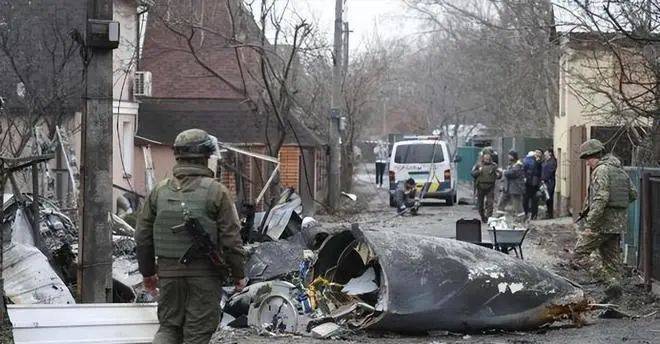
This incident also caused NATO countries to strengthen their solidarity with Russia. NATO member states have always been committed to jointly safeguarding regional security and resisting any actions that threaten their sovereignty and territorial integrity. The occurrence of this incident made NATO countries deeply feel that they must unite in front of Russia. Therefore, NATO member states, together with the United States, have strengthened joint sanctions and military defense cooperation against Russia. They jointly called on Russia to respect international law and abide by basic rules between countries to ensure regional peace and stability.
This incident also deepened the international community's attention and concern about Russia's actions. The explosion caused by a Russian drone entering NATO airspace once again showed the instability caused by Russia to international relations. The international community is full of concerns about Russia's actions, worried that Russia's actions may trigger a larger-scale conflict. Therefore, countries are paying more and more attention to and strengthening their monitoring and intelligence collection of Russia, as well as cultivating and improving their own defense capabilities.
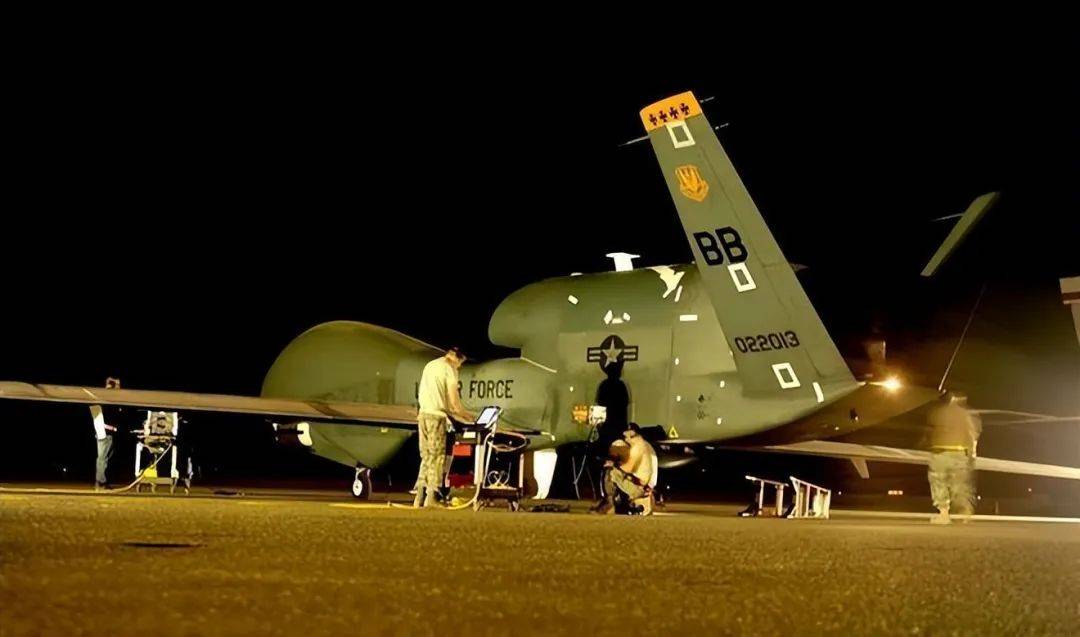
This incident has attracted continued global attention to drone technology. The rapid development of drone technology has brought new challenges to the form of warfare and international relations. The incident of a Russian drone entering NATO airspace and causing an explosion once again reminded all countries that they must strengthen research and prevention on drone technology to deal with potential threats that may arise.
The occurrence of this incident should draw great attention from the international community and take timely actions to ensure regional peace and stability. Let us examine this incident together and urge NATO member states to unite to respond to Russia's provocative behavior and maintain the overall interests of global security and stability.
Proofreading: Simple words and sweet ears
The above is the detailed content of NATO faced the Russian drone explosion after entering its airspace, and the United States and NATO behaved negatively. For more information, please follow other related articles on the PHP Chinese website!
 Ethereum browser blockchain query
Ethereum browser blockchain query
 What to do if the computer desktop icon cannot be opened
What to do if the computer desktop icon cannot be opened
 What is the difference between database views and tables
What is the difference between database views and tables
 How to use python for loop
How to use python for loop
 What currency does USDT belong to?
What currency does USDT belong to?
 How to turn off WeChat automatic download
How to turn off WeChat automatic download
 Full-width symbol input tutorial
Full-width symbol input tutorial
 Build an Internet server
Build an Internet server




